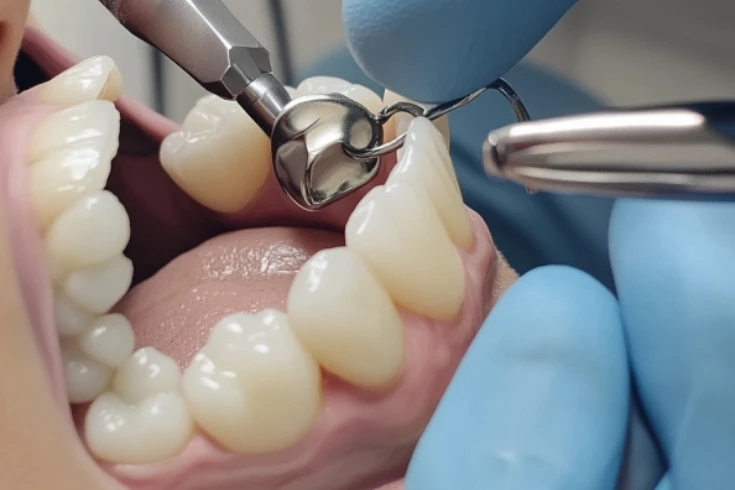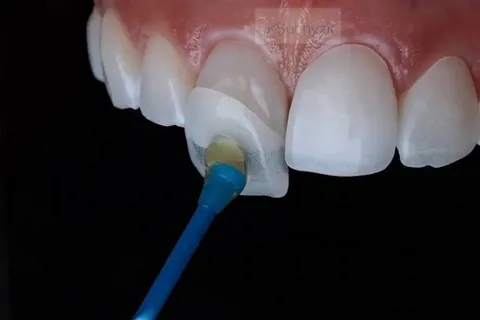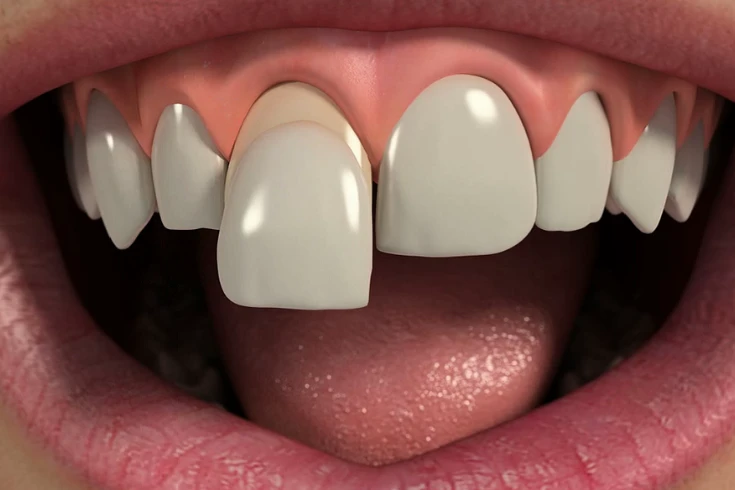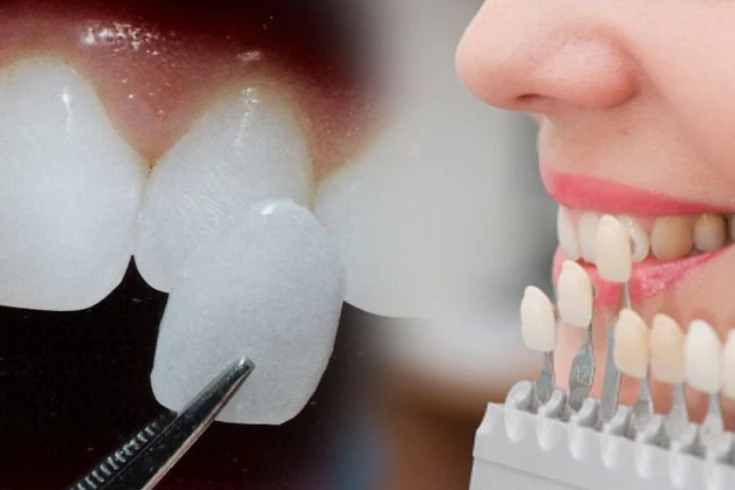Root canal treatment is a standard and routine dental procedure designed to save a tooth that has become severely infected or damaged. While the idea of a root canal may initially cause anxiety, understanding the process can help ease your concerns and ensure a smooth, effective intervention. This guide fully prepares you for your upcoming root canal, covering everything you need to know before the procedure.
What is Root Canal Treatment?
Root Canal Treatment is a dental procedure that deals with the inner parts of a tooth pulp, a soft tissue with nerves and blood vessels.
The reasons for infection or injury to this kind of pulp are usually deep cavitations, several tooth treatments, or traumas; hence, there is a need for root canal procedures to remove the pulp, clean root canals, and prevent future infections by making sure they are correctly sealed. The main objective in this case is pain relief and restoration of normal function.
Importance of Root Canal Treatment Preparation
Your active participation in the preparation process can significantly impact the comfort and outcome of your root canal treatment.
Understanding the procedure, following pre-treatment guidelines, and arranging appropriate care can help ensure a successful outcome and quicker recovery.
Essential Steps to Prepare for Root Canal Treatment
- Schedule a Comprehensive Consultation
Before your root canal treatment, your dentist will schedule a consultation to evaluate the condition of your tooth and discuss the treatment plan. This appointment is crucial for several reasons:
- Diagnosis: Your dentist will confirm the need for a root canal through X-rays and clinical examination.
- Discussion: Use this time to ask questions about the procedure, potential risks, and expected outcomes. Understanding what to expect can alleviate anxiety and help you feel more prepared.
- Treatment Plan: Your dentist will outline the procedure steps, including the estimated time and any specific instructions you need to follow.
- Provide Detailed Medical History
A thorough medical history is vital for tailoring the treatment to your needs. Ensure your dentist is aware of the following:
- Allergies: Inform your dentist of any allergies, especially medications or anesthesia.
- Medications: Provide a list of all current medications and supplements, as some can interact with the treatment or anesthesia.
- Health Conditions: Share any underlying health conditions, such as diabetes or heart disease, which may influence the treatment plan or recovery process.
- Discuss Anesthesia Options
Root canal treatments are typically performed under local anesthesia, which numbs the affected tooth and surrounding area. Discuss your options with your dentist:
- Local Anesthesia: The most common form is that it will numb only the area around the tooth.
- Sedation Options: If you have severe anxiety, ask about sedation options like nitrous oxide (laughing gas) or oral sedatives to help you relax during the procedure.
- Make Transportation Arrangements
Even though a root canal is usually performed under local anesthesia, and you should be able to drive yourself home, it’s prudent to arrange for someone to accompany you. This can be especially helpful if:
- Sedation is Used: If sedation is part of your treatment plan, having a friend or family member drive you home is essential.
- Anxiety: If you’re feeling anxious about the procedure, having someone with you can provide emotional support and comfort.
- Follow Pre-Procedure Instructions
Your dentist may provide specific pre-procedure instructions to ensure the best outcome. These might include:
- Fasting: If you’re receiving sedation, you may need to fast for a certain period before the procedure.
- Medication Adjustments: You might be advised to adjust or temporarily stop taking certain medications.
Adhering to these instructions is crucial for a smooth treatment experience.
Post-Treatment Care and Recovery
- Adhere to Aftercare Instructions
After your root canal, your dentist will provide detailed aftercare instructions. Key aspects include:
- Rest: Allow yourself time to rest and recover, especially on the day of the procedure.
- Oral Hygiene: Regularly brushing and flossing, but be gentle around the treated area.
- Diet: Stick to soft foods and avoid chewing on the treated tooth until your dentist confirms it’s safe.
- Manage Discomfort
Some discomfort and swelling are normal after a root canal. Manage these symptoms with:
- Over-the-Counter Pain Relievers: Your dentist may recommend medications such as ibuprofen or acetaminophen.
- Cold Compress: Applying a cold compress to your face can help reduce swelling and numb discomfort.
- Maintain Good Oral Hygiene
Maintaining good oral hygiene is crucial for your teeth and overall oral health. Brush twice daily, floss regularly, and consider using an antimicrobial mouthwash to help keep your mouth clean.
- Schedule Follow-Up Visits
Follow-up appointments are essential to ensure that your tooth is healing correctly and that no further issues have arisen. These visits allow your dentist to:
- Check Healing: Assess the success of the treatment and address any complications if they occur.
- Plan Further Treatment: If necessary, discuss the placement of a permanent crown or other restorative measures to protect and strengthen the tooth.
How long does a root canal take?
The duration of a root canal treatment can vary, but it typically takes 60 to 90 minutes. The time may depend on the complexity of the case and the number of roots in the affected tooth.
Conclusion
Preparing for a root canal treatment involves several essential steps, from understanding the procedure to following pre- and post-treatment care guidelines. By taking these steps, you can help ensure a smoother, more comfortable experience and support your overall dental health.
If you have any questions or concerns, don’t hesitate to discuss them with your dentist. They are there to help guide you through every stage of the process and ensure the best possible outcome for your treatment.
FAQs
Will I need any special preparations before the procedure?
Your dentist may give you specific instructions based on your case. Common preparations include fasting if sedation is used and temporarily adjusting or stopping certain medications. Always follow your dentist’s guidance to ensure the best outcome.
What should I expect on the day of the root canal procedure?
On the day of the procedure, you should:
- Arrive Early: To complete any paperwork and settle in.
- Dress Comfortably: Wear loose, comfortable clothing.
- Communicate: Share any concerns or discomfort with your dentist during the procedure.
Will the procedure be painful?
Most root canal treatments are performed under local anesthesia, which numbs the affected area. You should not feel pain during the procedure, though you might experience some discomfort or pressure. If you feel any significant pain, let your dentist know immediately.





